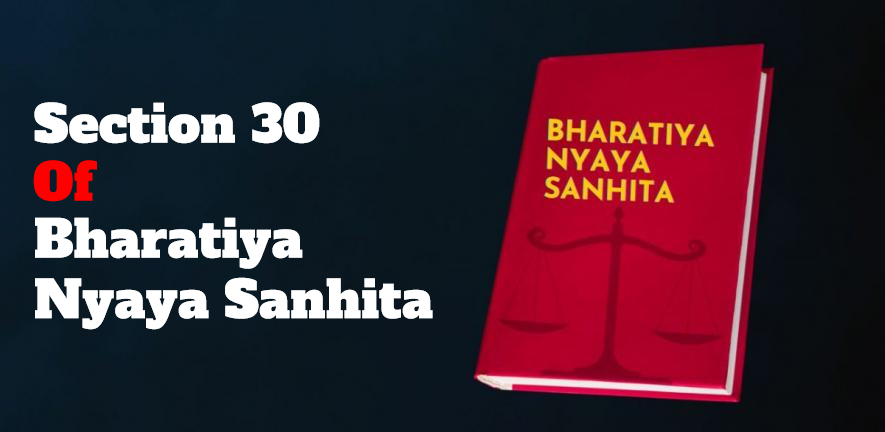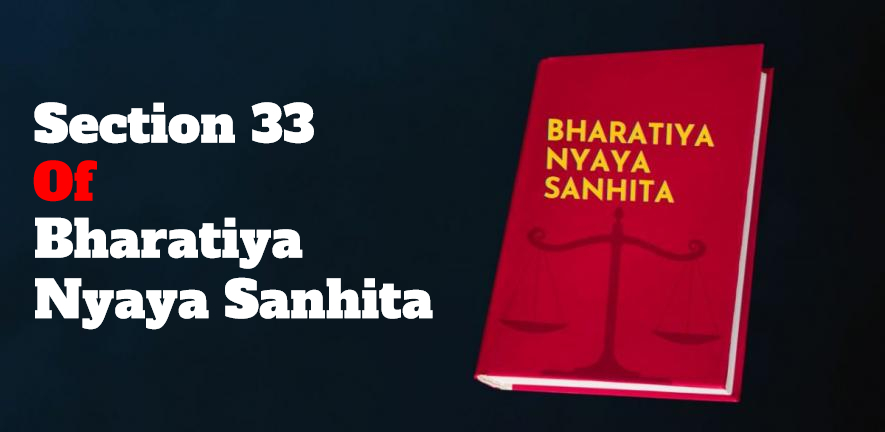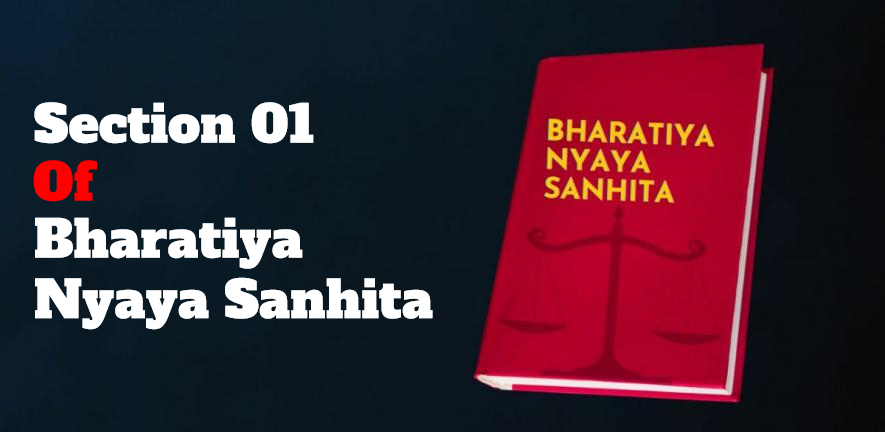Section 30 BNS – Section 30 of New Bharatiya Nyaya Sanhita
- Section 30 BNS – Section 30 of New Bharatiya Nyaya Sanhita
- Overview of BNS
- Importance of BNS in Indian Legal System
- Evolution of Legal Provisions in India
- Need for Section 30
- Definition and Scope
- Key Features of Section 30
- How it Affects Legal Proceedings
- Impact on Civil and Criminal Cases
- Differences from Previous Laws
- Improvements and Criticisms
- Notable Cases
- Legal Interpretations and Judgments
- Views from Legal Experts
- Public Perception
- Ensuring Fair Trial
- Balancing State and Individual Rights
- Potential Amendments
- Long-term Implications
- Summary of Key Points
- Final Thoughts
- FAQs
The Bharatiya Nyaya Sanhita (BNS) is a comprehensive legal code that forms the backbone of the Indian legal system. It integrates various legal provisions, making the justice system more coherent and accessible.
Overview of BNS
BNS is designed to modernize and streamline the legal processes in India. It replaces older, fragmented laws with a unified code, simplifying legal procedures and ensuring consistency across cases.
Importance of BNS in Indian Legal System
BNS is crucial for maintaining the rule of law in India. It provides clear guidelines for legal proceedings, protecting the rights of individuals while ensuring justice is served.
Historical Context of Section 30
Evolution of Legal Provisions in India
India’s legal system has evolved significantly since independence. Various amendments and new laws have been introduced to address changing societal needs and ensure justice for all.
Need for Section 30
Section 30 was introduced to address specific gaps in the previous legal framework. It aims to provide clearer guidelines for certain legal processes, ensuring fair and efficient administration of justice.
What is Section 30?
Definition and Scope
Section 30 of the New Bharatiya Nyaya Sanhita is a legal provision that outlines specific procedures and guidelines for certain types of cases. It covers various aspects of legal proceedings, ensuring that cases are handled efficiently and justly.
Key Features of Section 30
- Clear Guidelines: Provides specific instructions for handling cases.
- Fair Trial: Ensures that all parties receive a fair trial.
- Efficiency: Aims to speed up legal proceedings and reduce backlog.
Legal Implications of Section 30
How it Affects Legal Proceedings
Section 30 has a significant impact on legal proceedings in India. It streamlines processes, ensuring that cases are resolved more quickly and fairly.
Impact on Civil and Criminal Cases
Both civil and criminal cases are affected by Section 30. It provides clear guidelines for judges and lawyers, ensuring that cases are handled consistently and justly.
Section 30 vs Previous Provisions
Differences from Previous Laws
Section 30 introduces several changes from previous legal provisions. It clarifies ambiguities, provides more detailed guidelines, and aims to make the legal process more efficient.
Improvements and Criticisms
While Section 30 has been praised for its improvements, it has also faced criticisms. Some argue that it may be too rigid, while others believe it does not go far enough in addressing certain issues.
Case Studies Involving Section 30
Notable Cases
Several notable cases have been influenced by Section 30. These cases provide insights into how the provision is applied in real-life scenarios.
Legal Interpretations and Judgments
Judges and legal experts have interpreted Section 30 in various ways, leading to different judgments and legal precedents.
Expert Opinions on Section 30
Views from Legal Experts
Legal experts have expressed diverse opinions on Section 30. Some praise its clarity and efficiency, while others criticize its limitations.
Public Perception
Public perception of Section 30 varies. While some see it as a positive step towards a more efficient legal system, others are concerned about its potential drawbacks.
Section 30 and Human Rights
Ensuring Fair Trial
One of the key aims of Section 30 is to ensure a fair trial for all parties involved. It provides guidelines to protect the rights of individuals, ensuring that justice is served.
Balancing State and Individual Rights
Section 30 seeks to balance the rights of the state and individuals. It ensures that the legal process is fair and just, protecting the rights of all parties involved.
Future of Section 30
Potential Amendments
As with any legal provision, Section 30 may undergo amendments in the future. These changes could address current criticisms and further improve the legal process.
Long-term Implications
The long-term implications of Section 30 are significant. It has the potential to shape the Indian legal system for years to come, ensuring justice and efficiency.
Conclusion
Summary of Key Points
Section 30 of the New Bharatiya Nyaya Sanhita is a significant legal provision that aims to streamline and improve the legal process in India. It provides clear guidelines for handling cases, ensuring a fair and efficient administration of justice.
Final Thoughts
While Section 30 has its critics, it represents an important step towards a more modern and efficient legal system. By addressing gaps in the previous framework, it helps ensure that justice is served in a fair and timely manner.
FAQs

Adv Ashish Sharma has dedicated his career to helping individuals and businesses navigate the intricate legal landscape with confidence. From providing expert advice on current legal issues to offering clear explanations of legal principles, he strives to empower his audience with knowledge and understanding.


